DFWatch recently had a Skype interview with Kenneth Yalowitz, former US Ambassador to Georgia (1998-2001).
Mr. Yalowitz emphasized that Georgia is a country which expects problems and delays on the way toward democratic reforms, while firmly moving forwardwith European and Euro-Atlantic aspirations, and the current change of power in the United States will not affect the long-standing relationships of the two countries.
“My message will be, hang on while Mr. Trump gets himself oriented. It may be little rocky, it maybe a little shaky, but I do think the policies of supporting Georgia’s reforms and democratization are going to continue,” he told DFWatch.
DFWatch: Since Donald Trump was elected president, many in Georgia have been concerned that there might be significant changes in relations between two strategic partners. How do you think the Georgia-US relationship will be under a Trump presidency?
Kenneth Yalowitz: I am sure there will be some uneasiness, some mistakes, learning on the job, things that may surprise, but I think in time, there would be a sort of growing up period, a transition period, but my guess is that as he becomes accustomed to the job, that we’re not going to see radical changes in US policy, particularly in the former Soviet Union. No matter which party is in power of the United States, the commitment we made to the independence and sovereignty and territorial integrity of Georgia and all the other countries in the former Soviet Union, that’s been a policy that every president has followed since George H.W. Bush in 1991. I will acknowledge that we have uncertainties, because we don’t really know that much about Mr. Trump, but what I do know within the US Congress and within the US public, I do believe that there is a continuing interest and desire to continue those types of policies. I do also believe that when Mr. Trump gets into office and he’s no longer a candidate or president-elect, he is going to have to talk and act differently than he did as a candidate. I often like to use an expression, that once the US president has the authority on his shoulders, he’s going to feel that responsibility, when he takes office.
DFWatch: Trump’s victory was shocking for the world. His unexpected character, his election campaign messages shook the society. People are skeptical as well about his lack of experience in public service or the army. Will his lack of experience in diplomacy and politics work in Russia’s favour and boost its influence in Eastern Europe and the Caucasus?
Kenneth Yalowitz :Those kinds of concerns certainly have been expressed in the US. I think what’s most important is who he takes as a Secretary of State. His advisers will be very important. I’m hoping that he’s going to pick Mitt Romney, because I want to see someone with a lot of international experience, someone who is a moderate. I think it would be very important and giving him very sound advice. I do believe that in time, if he gets the right advisers around him, we aren’t going to see radical changes in US foreign policy in terms of dealing with Russia. There is a strong sense in this country particularly in Washington, about the need to deal with Mr. Putin, because of what has happened in Ukraine. I don’t think our policy is going to change significantly. We’ve spent 25 years supporting Georgia and other former Soviet countries. I just do not see that change overnight.
DFWatch: Do you think Trump will make a compromise with Russia to re-set relationships? Does he care what would happen in the Caucasus region regarding stability in that region?
Kenneth Yalowitz: I very much believe that the relationship with Russia right now is probably as bad as any time since the end of the Cold War. I am a proponent of dialogue with Russia. I think we need to talk with them more, because we have very different narratives, very different ideas about European security and territorial sovereignty of its neighbours. I believe that what is going to happen in the next couple of years is what I called transactional relationships. And that means we will find common areas where we can work with Russia, things like arms control, anti-terrorism, the spread of nuclear weapons. But there are other areas where we are not going to agree. It’s not going to be a complete change, with Putin and Trump hugging each other, and saying everything is wonderful. Foreign policy doesn’t work that way. US relationships with the world don’t work that way. These long term interests, which have been working well, are not going simply be thrown away by Trump. He probably won’t to do that, and he won’t be able to do that.
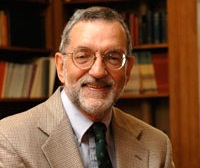

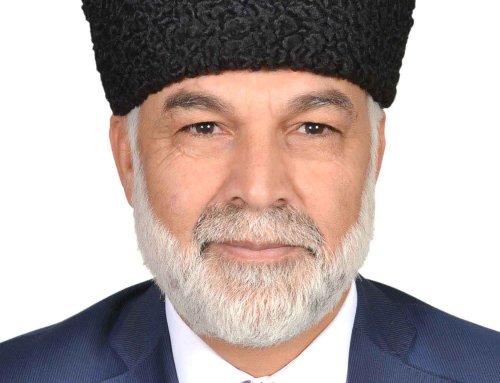
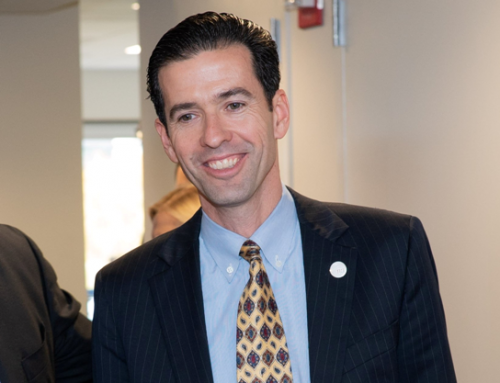
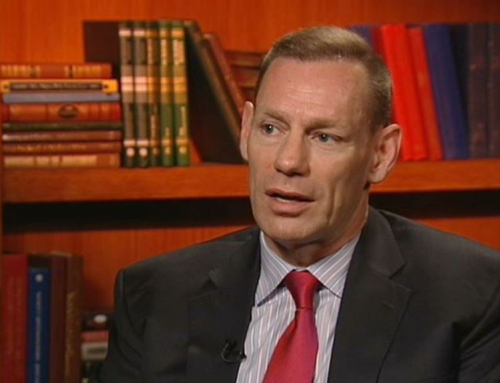
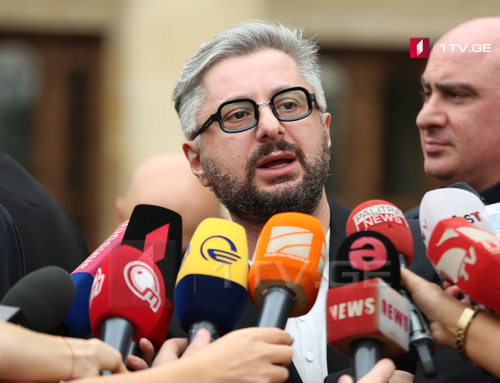
Leave A Comment
You must be logged in to post a comment.